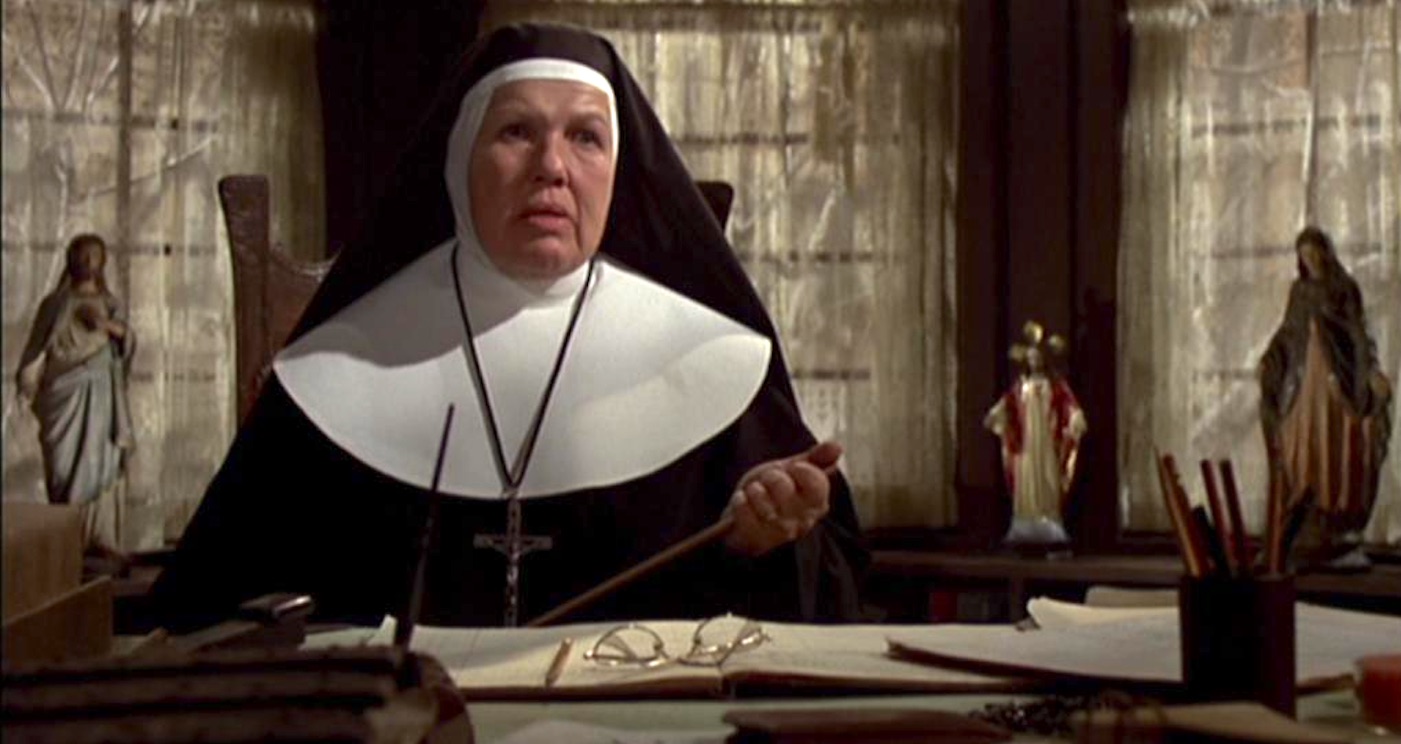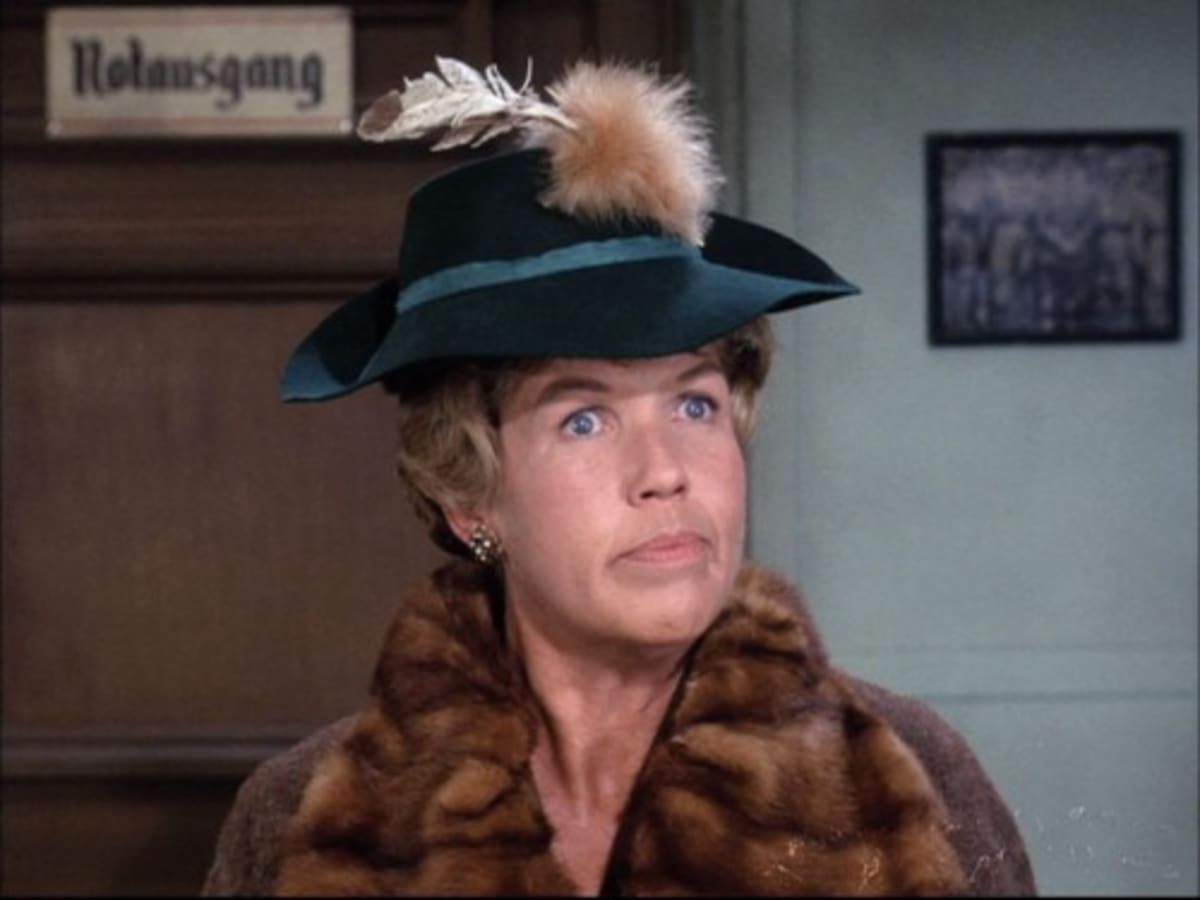Remember Kathleen Freeman? What Really Happened Will Shock You

Kathleen Freeman was one of those rare performers whose face you recognized instantly, even if you didn't always know her name.
She was in over 100 films, acted alongside Jerry Lewis for nearly 50 years, appeared in classics like Singin' in the Rain and The Blues Brothers, and was still working on Broadway at age 78—while battling cancer in secret. But the most shocking part of her story didn't happen on stage or on camera. It happened after.
Despite decades of work, when Freeman died in 2001, the Oscars left her out of their In Memoriam segment. American obituaries largely ignored her partner of over 50 years, Helen Ramsay, calling her only a "friend." And the industry that relied on her comic timing, professionalism, and scene-stealing performances never fully acknowledged what she meant—or who she really was.
Here's what really happened.
She Died Working

Freeman gave her final performance in The Full Monty on August 18, 2001, doing two shows that day. She had been undergoing radiation treatments in the mornings, sleeping through the afternoons, and performing at night. She never told the cast she was sick.
She died five days later, on August 23, 2001, at Lennox Hill Hospital in Manhattan. According to those who were there, she tried to pull out her IV lines, insisting: "My boys need me."
She believed she still had to get back on stage.
A Lifetime of Work, Erased at the Finish Line
Despite an active career from 1948 to 2001, the Academy Awards completely excluded her from the 2002 tribute. She'd appeared in:
- The Blues Brothers (and the sequel)
- Singin' in the Rain
- The Nutty Professor (original and remake)
- Over a dozen Jerry Lewis films
- Dozens of TV classics (The Beverly Hillbillies, Married with Children, The Golden Girls, Murphy Brown, and more)
Still, nothing.
She had just been nominated for a Tony Award for The Full Monty—her first major industry nomination—yet Hollywood's biggest night didn't mention her.
Her Relationship Was Buried Too

Freeman spent what appears to have been more than five decades with Helen Ramsay, likely meeting her at UCLA in the 1940s. But when she died, American publications refused to acknowledge the relationship. Most used vague euphemisms like "longtime friend."
Only The Guardian (UK) referred to Ramsay as Freeman's "longtime companion," a coded phrase often used at the time to hint at same-sex partnerships without actually saying so.
The executor of her estate, Jane Wallace, even publicly denied Freeman was a lesbian, stating that she "loved men but couldn't hold one." It was a line that erased Ramsay entirely.
As a result, Ramsay—who'd spent decades as Freeman's partner—was forced to grieve in silence while being erased from the public story.
She Knew the Industry Would Do This
Freeman spoke often about being marginalized in Hollywood—not just as a woman, but as a woman who didn't fit the mold. At 5'8" with a broad frame and expressive face, she was typecast for decades as loud, sarcastic, and asexual.
She once wrote a TV script about a middle-aged married woman with a career and grown kids, and studios passed on it. Why? They said no one would believe a woman over 40 could be happy and successful at the same time.
She said it best herself:
"The world knows my name, and they almost know my face."
The Final Recognition Came Too Late
In 2001, Freeman became the oldest person ever to win a Theatre World Award—an honor usually reserved for newcomers. She had finally made her Broadway debut at age 77 and was nominated for a Tony for The Full Monty. It took her a lifetime to be treated like a star.
In 2025, her Wikipedia page was finally updated to acknowledge that she had been in a same-sex relationship with Ramsay until her death. It took more than 20 years—and it's still just a sentence.
That's what really happened to Kathleen Freeman: a lifetime of work, commitment, and quiet defiance, followed by public silence. Even at the end, the industry she gave everything to couldn't say her name—or let her truth be known. But for anyone paying attention, she was unforgettable. And she always had been.